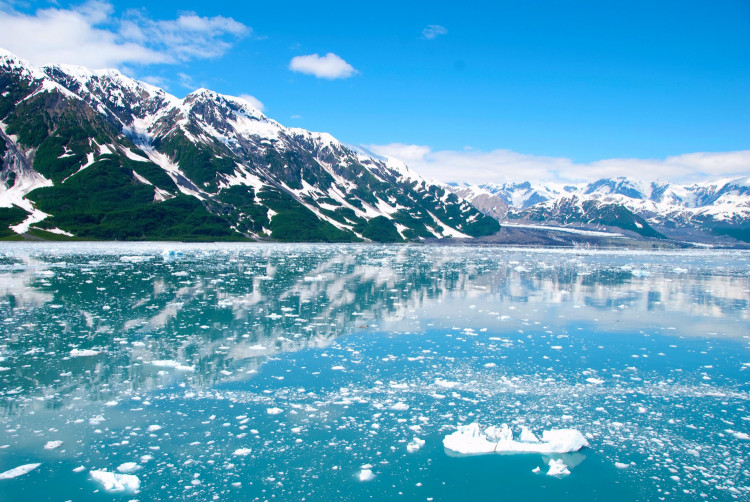Alaskan lawmakers and others were quick to condemn a Russian parliament member who called for the restoration of Alaska to Russia.
The announcement came as Russian President Vladimir Putin attempted to rewrite history to justify his war in Ukraine.
Since the region was sold to the United States for $7.2 million in 1867, Russia has not seriously contemplated regaining Alaska, and Putin himself stated in 2014 that he had no interest in doing so.
Despite this, on a Sunday television broadcast in Russia, parliament member Oleg Matveychev placed Alaska on a list of demands in retaliation to the Ukraine war and the economic damage caused by U.S. sanctions.
"Let us consider compensation. These penalties cost us money because of the harm they inflicted," Matveychev said.
He added that the U.S. must "return all properties," including those of the Russian Empire, the Soviet Union, and even "parts of Russia now held by the United States."
"How about Alaska and Fort Ross?" The host asked, alluding to an ancient Russian village north of San Francisco on the California coast.
"This is my next point," Matveychev added, referring to Alaska, Fort Ross, and Antarctica. "Because we discovered it, it is rightfully ours."
Historians point out that Russia's hold on Alaska was weak even before it was purchased by the United States, and that Russia was eager to get rid of the land in the 19th century as the Russian Empire fought to protect the area.
What was known as Russian America included Alaska and Fort Ross. According to historian Stephen Haycox, an emeritus professor of history at the University of Alaska Anchorage, the largest group of Russians in the area was never more than 600 persons.
Andrei Znamenski, a historian at the University of Memphis, said this type of demand is occasionally raised by Russian politicians because of its nationalist appeal rather than any basis in fact.
Russian leaders have made similar remarks in the past during periods of Russian aggression, Znamenski said.
Some Russians believe Alaska was "leased" to the United States for 99 years, he added.
Haycox said such stories attract the attention of the illiterate, who have a "defensive sense of injustice." However, they have "little clout among Russia's economic and political elite," Znamenski said.





